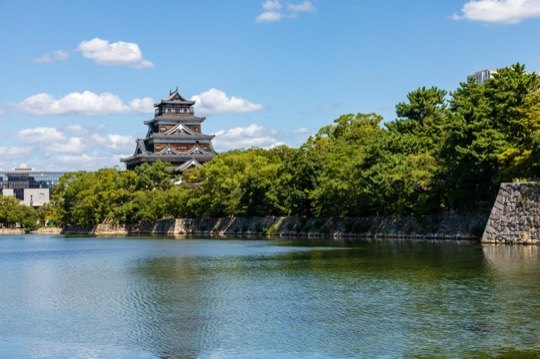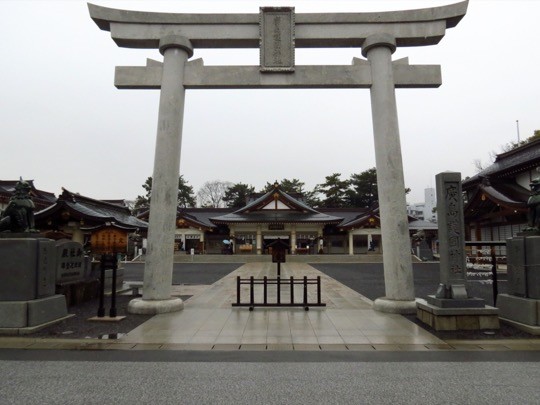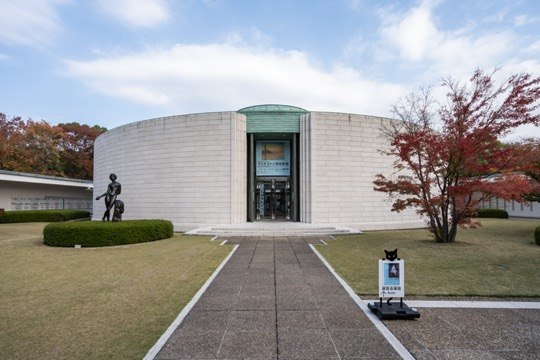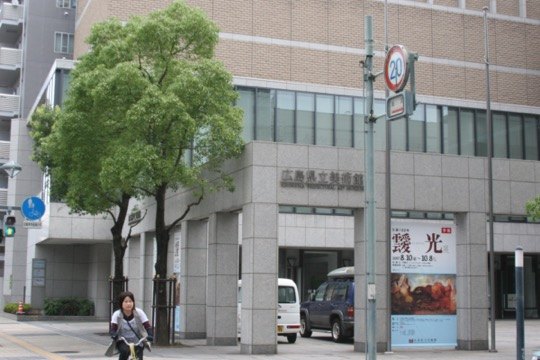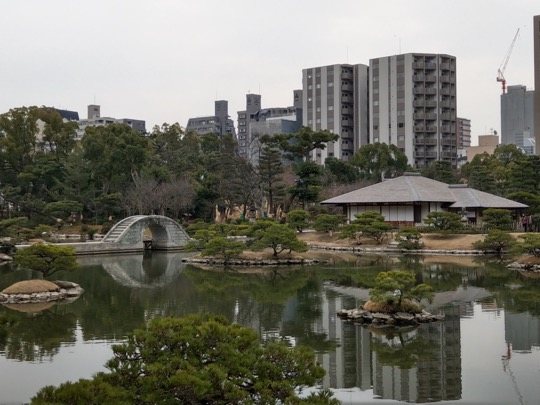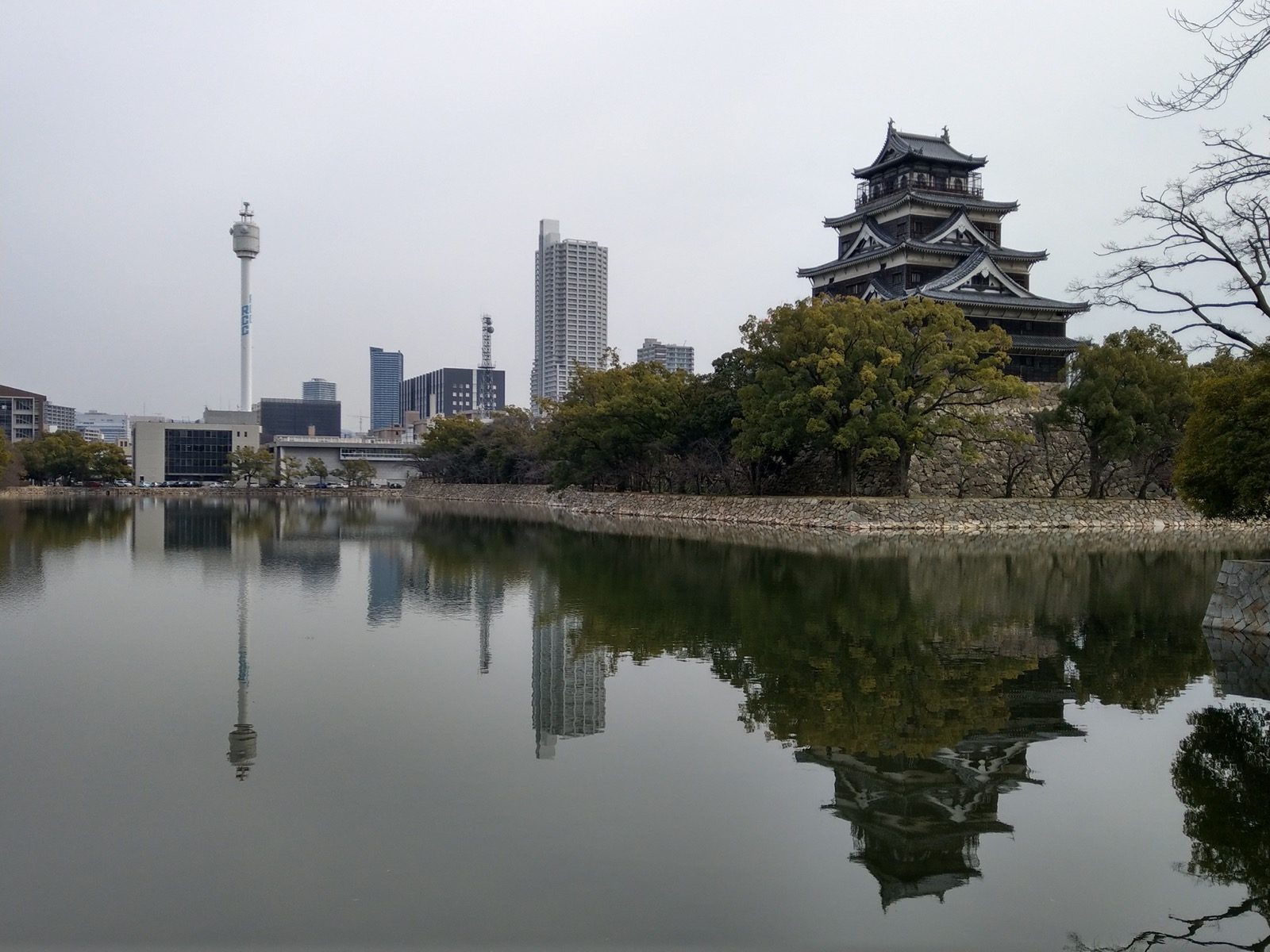
On This Page
Hiroshima’s central green space, a peaceful expanse offering respite from the city’s dynamic pace, provides visitors with a unique view of the area’s history alongside its modern-day vibrancy.
This central green space, adjacent to Hiroshima Castle’s grounds, symbolizes the city’s resilience and commitment to peace. The castle, also known as Carp Castle or “Rijo,” was originally built in 1589 by Mori Terumoto, and while it had a role in the Battle of Sekigahara in 1600, it primarily served as an administrative center during the Edo period (1603-1868).
Destroyed by the atomic bombing on August 6, 1945, Hiroshima Castle was later reconstructed in 1958 as a replica of the original. Today, the five-story main keep is a museum that presents Hiroshima’s history prior to World War II.
Beyond its historical significance, the space is adjacent to cultural sites like the Shukkeien Garden, a picturesque landscape garden from 1620 that exemplifies traditional Japanese garden aesthetics, and the Hiroshima Prefectural Art Museum, which showcases art from Hiroshima and the Chugoku region.
The Hiroshima Museum of Art, also nearby, offers a view into both European and Japanese art, allowing for a cross-cultural experience. While the green space is a historical landmark in its own right, it is complemented by these cultural institutions, enriching the experience for visitors.
This green space stands as a living memorial to Hiroshima’s history and its ongoing pursuit of peace and reconstruction. It is where both locals and tourists can ponder the events that have shaped the city, amidst the natural and cultural beauty that it offers today.
Visitors are encouraged to explore the reconstructed castle for a glimpse into Japan’s feudal past and enjoy the view of the city from its top floor. A walk through Shukkeien Garden reveals a historical landscape design, offering a moment of tranquility. Nearby art museums offer an immersion into the artistic expression that reflects the spirit of Hiroshima.
Around Central Park
Highlights around Central Park
Hiroshima Castle
The Historical Seat of Power in Western Japan
Hiroshima Gokoku Shrine
A place of remembrance for war casualties and a center for traditional celebrations.
Hiroshima Prefectural Art Museum
Home to Japanese modernism and international masterpieces.
Shukkeien Garden
Historic “shrunken-scenery” garden, established by Asano Nagaakira in 1620.
